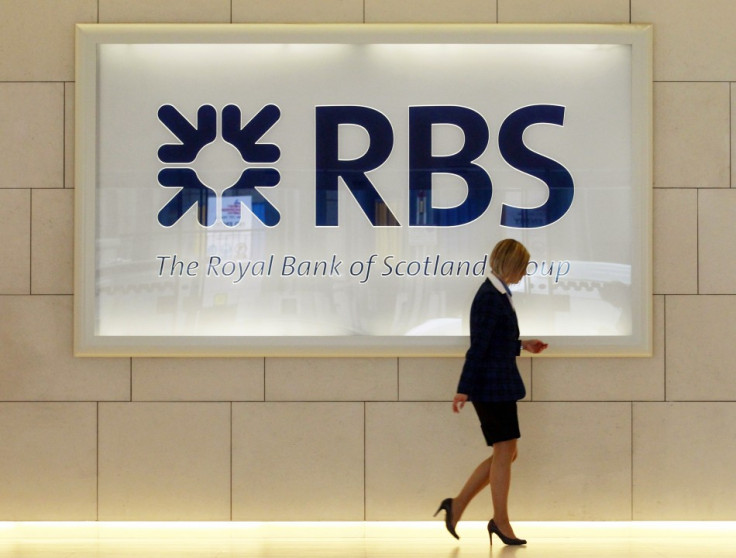RBS Appoints BoE's Sir Andrew Large to Lead Independent Review of Bank's SME Lending

The Royal Bank of Scotland Group has appointed Bank of England deputy governor Sir Andrew Large to head-up an independent review into how it lends to small firms.
It launched the review in a bid to reinforce its position as a bank that supports the UK economy after the government bailed it out during the financial crisis.
The review, which will also be conducted by management consultancy Oliver Wyman, has been tasked with finding how RBS and Natwest can improve their SME lending and will conduct interviews with staff across the UK businesses.
It comes after government-owned RBS announced it had a £20bn (€23.4bn, $30.3bn) surplus in corporate deposits that it wants to lend out to small businesses and that it will contact many existing customers to encourage them to borrow more.
British banks are under pressure from the Treasury and Bank of England to increase their lending to the real economy, particularly SMEs, and there are multi-billion credit easing schemes in place to bring down the affordability and availability of finance for smaller firms.
"With the economy now moving to recovery, it is the right time to have a fresh look at lending, to make sure we are making the right judgements, to challenge ourselves to get better and support even more businesses," said Chris Sullivan, chief executive of UK corporate banking at RBS.
"Demand for lending remains a challenge, but we want to do more than just wait for demand to materialise. We want to play our part in securing the recovery. If there are loans that we could and should be making, but are not, then that will change. If there are things we can do better - we will."
In 2012, RBS lent out £58bn in loans and credit facilities to SMEs and consumers.
During the financial crisis, the UK government pumped billions into RBS to prevent its collapse and the subsequent wrecking ball its bankruptcy would send through the financial sector and economy. As a result, the UK taxpayer now owns 81% of RBS.
Since its bailout, RBS has had to rid its balance sheet of the portfolio of toxic assets that caused its near-collapse. Under the bank's reform it will focus on supporting lending in the UK economy rather than the so-called risky "casino" investment banking.
Despite overseeing the transformation of the RBS balance sheet, chief executive Stephen Hester will leave by the end of 2013, after the board of directors decided they want a new boss to handle the bank's reprivatisation.
Chancellor George Osborne said the government is considering the option of splitting RBS into retail and investment sides. However, the bank is still some distance from being sold back to the private sector.
"I don't want a quick sale of our RBS shares. I want the right sale for British people," Osborne told financiers at his annual Mansion House speech.
"I will only sell our stake in RBS when we feel the bank is fully able to support our economy and when we get good value for you, the taxpayer. In our judgment, when it comes to RBS that moment is some way off."
To break even, the government would need to sell for 440.64p a share. RBS shares were trading at 268.29p in London at 09:15 on 3 July.
© Copyright IBTimes 2025. All rights reserved.






















